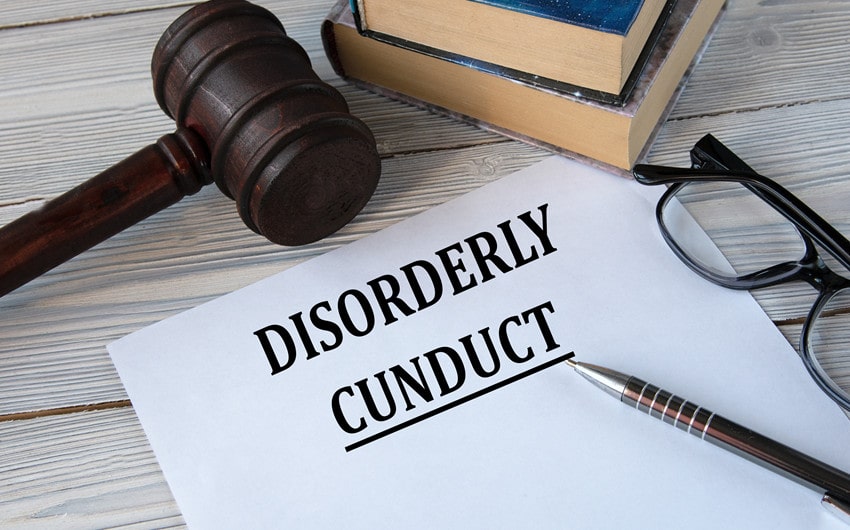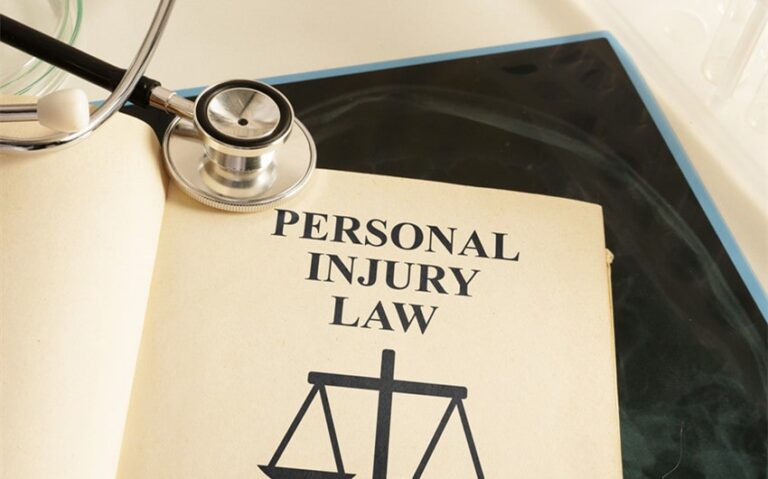What Constitutes Disorderly Conduct in Arizona?
Many jurisdictions commonly refer to behavior that disrupts the peace or safety of the community as disorderly conduct, which can result in criminal charges. In Arizona, the laws governing disorderly conduct are outlined in ARS § 13-2904.
Did you know that individuals aged 25 were the most likely to engage in violent crimes compared to other age groups, with approximately 698,368 incidents reported across the United States?
Understanding what actions fall under this statute, commonly referred to as ARS disorderly conduct, is necessary for residents and visitors alike, particularly to avoid unintentional violations of the law.
Legal Definition of Disorderly Conduct
Under Arizona law, disorderly conduct refers to behaviors that have the potential to disrupt peace and order in public settings.
If someone accuses you of disorderly conduct, you may wonder how much a lawyer will cost. The cost of hiring a lawyer depends on some factors, such as the lawyer’s experience and the case’s complications.
Knowing what actions are considered disorderly conduct can help you make informed decisions to avoid getting into legal trouble.
Types of Behaviors Considered Disorderly
Different actions that fall under disorderly conduct in Arizona include engaging in physical altercations, using offensive language or gestures, making unreasonable noise, and behaving violently or tumultuously.
Engaging in physical altercations refers to fighting or physically harming another person in a public place. The use of offensive language or gestures refers to the use of words or actions that have the potential to provoke an immediate violent reaction or disrupt the peace.
Making unreasonable noise involves actions that create loud or disruptive sounds that interfere with others’ ability to enjoy their surroundings peacefully. Behaving violently or tumultuously includes acting in an aggressive or disorderly manner.
These behaviors are considered disorderly since they can lead to disturbances, threaten public safety, or cause discomfort to those around you.
Penalties for Disorderly Conduct in Arizona
In Arizona, disorderly conduct is charged as a class 1 misdemeanor. This offense can result in severe penalties, including fines of up to $2,500 and six months in jail. A conviction for disorderly conduct can lead to a permanent criminal record. Having a criminal record affects an individual’s employment opportunities. The penalties may vary depending on the circumstances of the case and any prior criminal history.
If the disorderly conduct occurs during a protest or demonstration, the penalties may be increased. Engaging in disorderly conduct near a school or in a domestic violence situation could lead to more severe consequences.
Defenses Against Disorderly Conduct Charges
If you’re facing disorderly conduct charges, there are several defenses that could help in your case.
One common defense is to claim that your actions did not meet Arizona’s definition of disorderly conduct. This includes demonstrating that your actions did not contribute to the disorder or disruption of peace.
Other defenses include showing that you were just exercising your First Amendment rights, such as freedom of speech or assembly. If you were acting in self-defense or defense of others, this could also serve as a valid defense against disorderly conduct charges.
Lack of evidence or witness testimony could weaken the prosecution’s case against you. Consult with a legal professional to determine the best defense strategy based on your case.
How to Handle Disorderly Conduct Allegations
Immediately gather evidence and seek legal advice to protect yourself when accused of disorderly conduct in Arizona.
If you are accused of disorderly conduct, the first step is to remain calm and cooperative with law enforcement. Refrain from arguing or escalating the situation further, as this could potentially worsen your case. Gather evidence that supports your version of events, such as witness statements, photographs, or videos.
A lawyer can help you understand your rights, assess the evidence against you, and guide you through the legal process. They can represent you in court, negotiate with the prosecution, and achieve the best possible outcome for your case.
Conclusion
Disorderly conduct in Arizona covers a wide range of behaviors that disrupt the peace and safety of others. If faced with allegations of disorderly conduct, seek legal guidance and explore possible defenses to reduce the impact of such charges.







